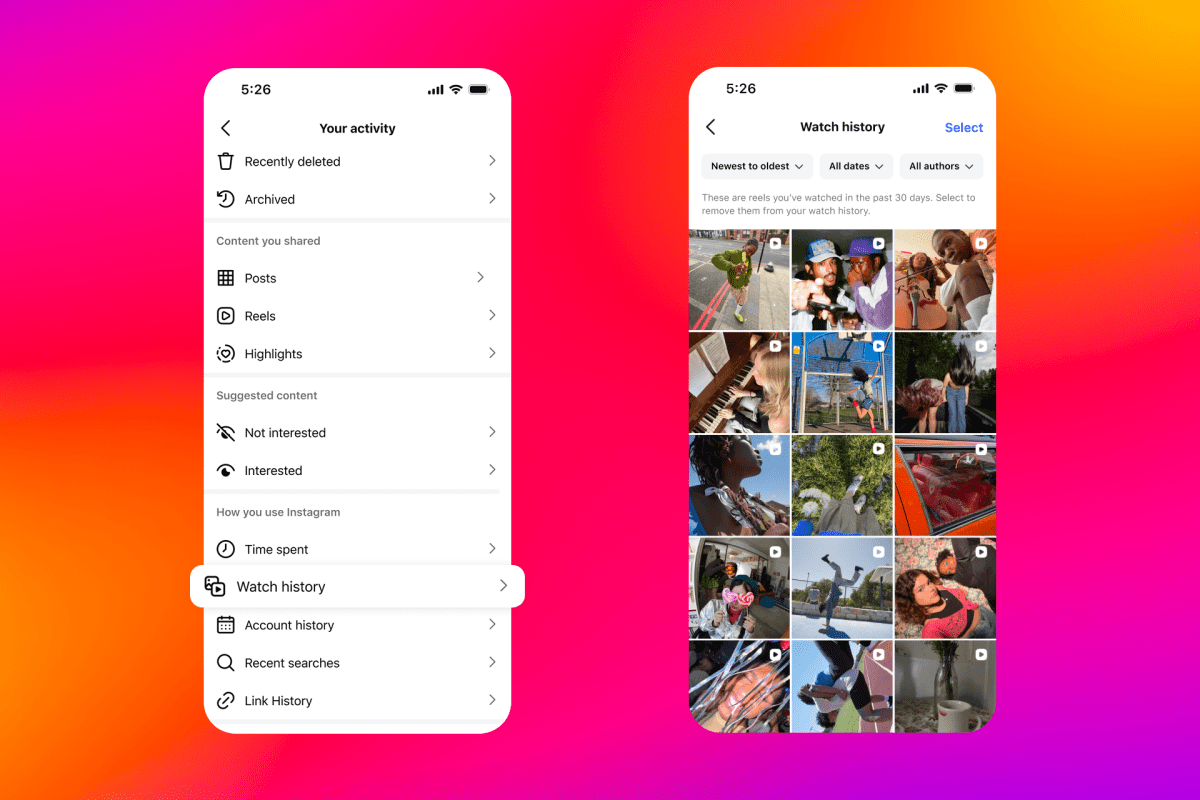
the browser wars are back and this The landscape of web browsing is undergoing a significant transformation as artificial intelligence takes center stage in the latest iteration of the browser wars.
the browser wars are back and this
Introduction to the New Browser Wars
The browser wars, a term that evokes memories of the fierce competition between Internet Explorer, Netscape, and later, Google Chrome and Mozilla Firefox, are reigniting. This time, however, the competition is being driven by advancements in artificial intelligence (AI). OpenAI has recently launched Atlas, a ChatGPT-powered browser that promises to revolutionize the way users interact with the web. With features that allow users to navigate using natural language and an innovative “agent mode” for autonomous task completion, Atlas represents one of the most significant browser launches in recent years.
The Rise of AI in Browsing
The integration of AI into web browsing is not merely a trend; it reflects a broader shift in how technology is being utilized to enhance user experience. Traditional browsers have largely focused on speed, security, and user interface design. However, with the advent of AI, the focus is shifting towards making browsing more intuitive and efficient.
What is Atlas?
Atlas is designed to leverage the capabilities of ChatGPT, an advanced language model developed by OpenAI. This browser allows users to interact with the web in a conversational manner, enabling them to search for information, complete tasks, and even manage their online activities with minimal effort. The introduction of “agent mode” is particularly noteworthy, as it allows the browser to perform tasks autonomously, such as filling out forms, scheduling appointments, or even making purchases.
Key Features of Atlas
- Natural Language Processing: Users can type or speak commands in natural language, making it easier to find information without needing to formulate specific search queries.
- Agent Mode: This feature enables the browser to act on behalf of the user, completing tasks that would typically require manual input.
- Enhanced Search Capabilities: Atlas can provide contextual information and suggestions based on user behavior and preferences.
- Personalization: The browser learns from user interactions, tailoring the browsing experience to individual needs and preferences.
Implications for Users
The introduction of Atlas and similar AI-powered browsers could have profound implications for users. The ability to interact with the web using natural language could democratize access to information, making it easier for individuals who may not be tech-savvy to navigate the online landscape. Moreover, the autonomous capabilities of AI could save users significant time and effort, allowing them to focus on more meaningful tasks rather than mundane online activities.
Potential Benefits
- Increased Efficiency: Users can accomplish tasks more quickly, as the browser can handle repetitive actions autonomously.
- Improved Accessibility: Natural language processing can help bridge the gap for users who struggle with traditional search engines.
- Enhanced Productivity: By automating routine tasks, users can dedicate more time to creative and strategic endeavors.
Challenges and Concerns
While the benefits of AI-powered browsers are significant, there are also challenges and concerns that need to be addressed. Privacy and security remain paramount issues, as users may be hesitant to allow a browser to manage sensitive tasks autonomously. Additionally, there is the risk of over-reliance on AI, which could lead to a decline in critical thinking and problem-solving skills among users.
Stakeholder Reactions
The launch of Atlas has elicited a variety of reactions from stakeholders across the tech industry. Analysts and experts are cautiously optimistic about the potential of AI to reshape the browsing experience. Many believe that the introduction of AI could lead to a new era of innovation in web technologies.
Industry Experts
Industry experts have noted that the integration of AI into browsers could spur competition among tech giants, leading to further advancements in technology. “The browser market has been relatively stagnant for years, but with AI entering the fray, we could see a resurgence of innovation,” said one analyst. This sentiment reflects a broader belief that AI could be the catalyst for a new wave of technological advancements.
Consumer Reactions
Consumer reactions have been mixed. While many users are excited about the prospect of a more intuitive browsing experience, others express concerns about privacy and data security. “I love the idea of being able to talk to my browser, but I’m worried about how much it will know about me,” said one user. This apprehension highlights the need for companies to prioritize transparency and security in their AI implementations.
Comparative Analysis with Existing Browsers
To understand the significance of Atlas, it is essential to compare it with existing browsers. Traditional browsers like Google Chrome and Mozilla Firefox have made strides in enhancing user experience through features such as extensions, privacy settings, and customization options. However, they still rely heavily on traditional search methodologies.
Traditional Browsers vs. AI-Powered Browsers
- Search Methodology: Traditional browsers require users to input specific search terms, while AI-powered browsers like Atlas can interpret natural language queries.
- Task Automation: Traditional browsers do not offer autonomous task completion, whereas Atlas can manage tasks on behalf of the user.
- User Interaction: AI-powered browsers aim to create a more conversational and engaging user experience compared to the more static interactions of traditional browsers.
The Future of Browsing
The launch of Atlas marks a pivotal moment in the evolution of web browsing. As AI continues to advance, it is likely that we will see more browsers adopt similar features, leading to a more competitive landscape. This could ultimately benefit users, as companies strive to differentiate themselves through innovative offerings.
Future Trends
- Increased Personalization: Future browsers may offer even more personalized experiences, adapting to user preferences and behaviors.
- Enhanced Security Measures: As concerns about privacy grow, we can expect to see more robust security features integrated into AI-powered browsers.
- Integration with Other Technologies: The future may also see browsers integrating with other AI technologies, such as virtual assistants and smart home devices, creating a more cohesive digital ecosystem.
Conclusion
The browser wars are indeed back, and this time, they are fueled by the capabilities of artificial intelligence. OpenAI’s Atlas represents a significant leap forward in how users can interact with the web, offering features that prioritize efficiency, accessibility, and personalization. As the landscape continues to evolve, it will be crucial for stakeholders to address the challenges and concerns that accompany these advancements, ensuring that the benefits of AI are realized without compromising user privacy and security. The future of browsing is poised to be more intuitive and efficient, but it will require careful navigation to ensure that technology serves the best interests of its users.
Source: Original report
Was this helpful?
Last Modified: October 25, 2025 at 12:39 am
3 views















